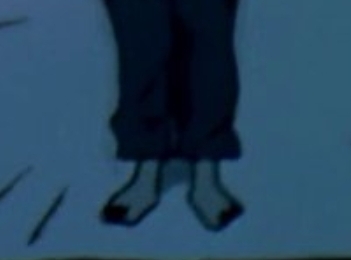It's a good book but suffers from the same problem as Late Victorian Holocausts which is that the endless parade of horrors that all so resemble each other compact into a vague unspecific "they did bad things" impression. Unfortunate that our brains cannot actually handle all the discrete events, each one which shattered the worlds and permanently ended or changed the course of dozens of lives, but it is what it is.
what books would you recommend that dont do that (in relation to a this or a similar subject matter)
The Jakarta Method and If We Burn managed to balance event recitation & analysis fairly well. They both probably trace the outer limit of how many discrete events can be covered & analyzed in a single book - fewer than 10 I'd say, obviously with all of them having a series of important sub-events. Also emphasizing the salient features of each event to differentiate them in the mind.
I'm reading Atrocity fabrication and it's consequences by A.B. Abrams and so far it's not just atrocity buy analysis.
Yeah, it was a hard read for me in doses of more than a handful of pages at a time. I wish I could have absorbed more of it, but the horrors just kind of wash over you after a while and that's not the impact I think the material deserved. More of a me problem than an issue with the book, I think. It's a great resource to reference.
What other kind of circle is there? Are spheres not a thing anymore?
Some folks in here clearly never figured out the toddlers shape-sorting game.
It’s a reference to True Detective which is a reference to Nietzsche. Maybe don’t start insulting people’s intelligence when you don’t even understand the joke
imagine being such a ackchually nerd you start correcting common sayings that are obviously just stretched out so they sound better. go point out that pulling yourself up by the bootstraps is physically impossible and that having your cake and eat it to is in the wrong order somewhere else.
I have never heard the phrase "a flat circle". Certainly uncommon here. I work in 3d, so this stood out as particularly unusual.







